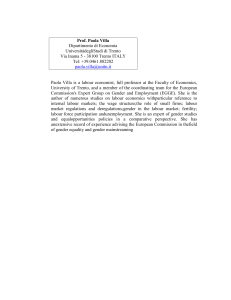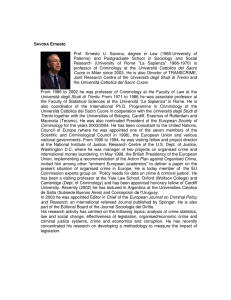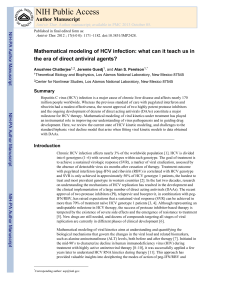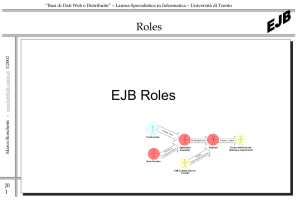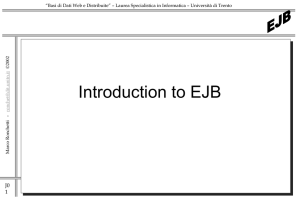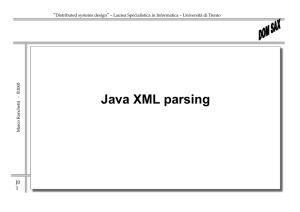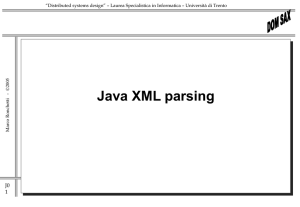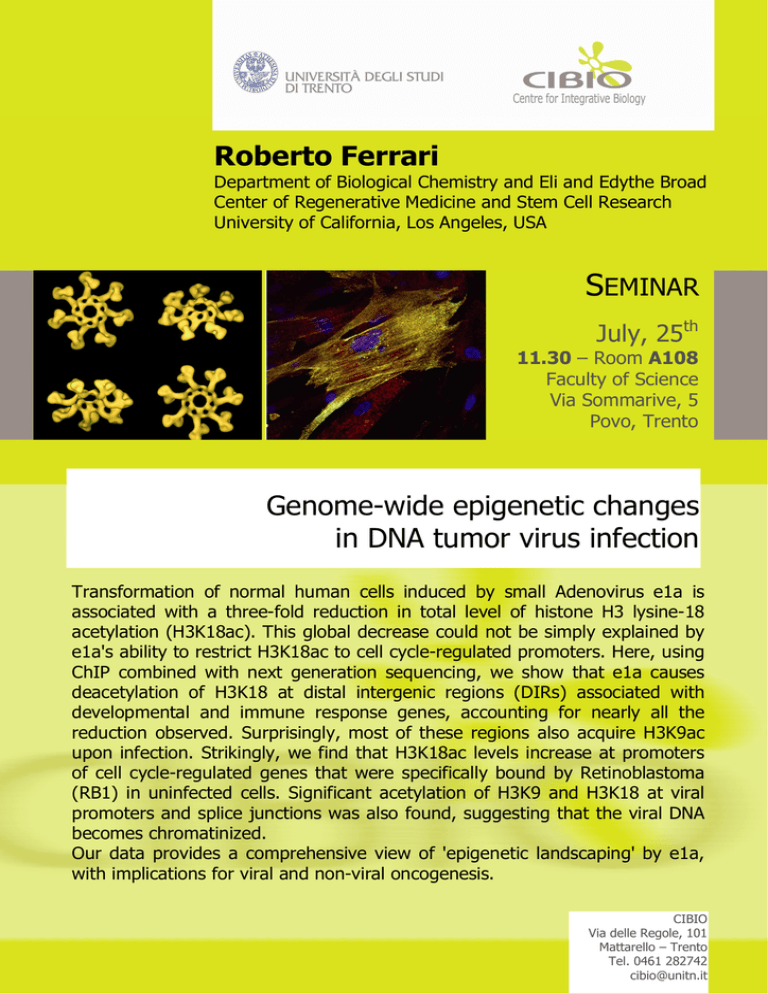
Roberto Ferrari
Department of Biological Chemistry and Eli and Edythe Broad
Center of Regenerative Medicine and Stem Cell Research
University of California, Los Angeles, USA
SEMINAR
July, 25th
11.30 – Room A108
Faculty of Science
Via Sommarive, 5
Povo, Trento
Genome-wide epigenetic changes
in DNA tumor virus infection
Transformation of normal human cells induced by small Adenovirus e1a is
associated with a three-fold reduction in total level of histone H3 lysine-18
acetylation (H3K18ac). This global decrease could not be simply explained by
e1a's ability to restrict H3K18ac to cell cycle-regulated promoters. Here, using
ChIP combined with next generation sequencing, we show that e1a causes
deacetylation of H3K18 at distal intergenic regions (DIRs) associated with
developmental and immune response genes, accounting for nearly all the
reduction observed. Surprisingly, most of these regions also acquire H3K9ac
upon infection. Strikingly, we find that H3K18ac levels increase at promoters
of cell cycle-regulated genes that were specifically bound by Retinoblastoma
(RB1) in uninfected cells. Significant acetylation of H3K9 and H3K18 at viral
promoters and splice junctions was also found, suggesting that the viral DNA
becomes chromatinized.
Our data provides a comprehensive view of 'epigenetic landscaping' by e1a,
with implications for viral and non-viral oncogenesis.
CIBIO
Via delle Regole, 101
Mattarello – Trento
Tel. 0461 282742
[email protected]

